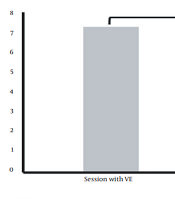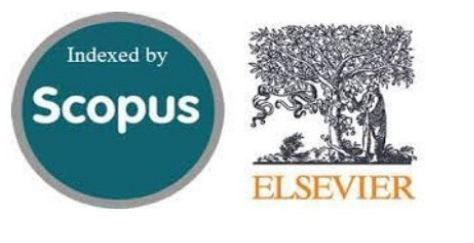Effects of Verbal Encouragements on Selected Measures of Physical Fitness and Subjective Effort Perception in Young High School Students
Keywords:
Motivation, Physical Fitness, Effort Perception, Active StudentAbstract
This study aimed to examine the effects of verbal encouragements (VE) on linear sprint speed, jump height, change of direction (CoD) speed, and subjective perception of effort among high school students. Twenty-three high school male students volunteered to participate in this study (age = 19.70 ± 1.06 years). Participants were evaluated during two separate sessions (first session with VE and second session without VE) in a randomized order. The teacher provided VE during each physical test. Jump height [squat jump (SJ), countermovement jump (CMJ), five jump test (FJT)], linear sprint speed (10-m and 30-m sprint), and CoD speed (30-m with CoD) were performed during the two sessions. The rating of perceived exertion (RPE) was recorded after each session. Results indicated that VE induced moderate but sig-nificant improvement in 10-m (ES = 0.71, P = 0.023) and 30-m (ES = 0.76, P = 0.016) sprint speed. However, the 30-m sprint with CoD did not change across conditions (P > 0.05). For jump tests, significant moderate-to-large increases were observed under the VE compared with the non-VE condition (ES = 0.65 to 0.90; P = 0.005 to 0.037). Findings showed a large increase in effort perception following VE compared to the non-VE condition (ES = 1.54, P < 0.001). In conclusion, the findings of this study indicated that VE has a positive impact on measures of physical fitness but increases effort perception.
Downloads








